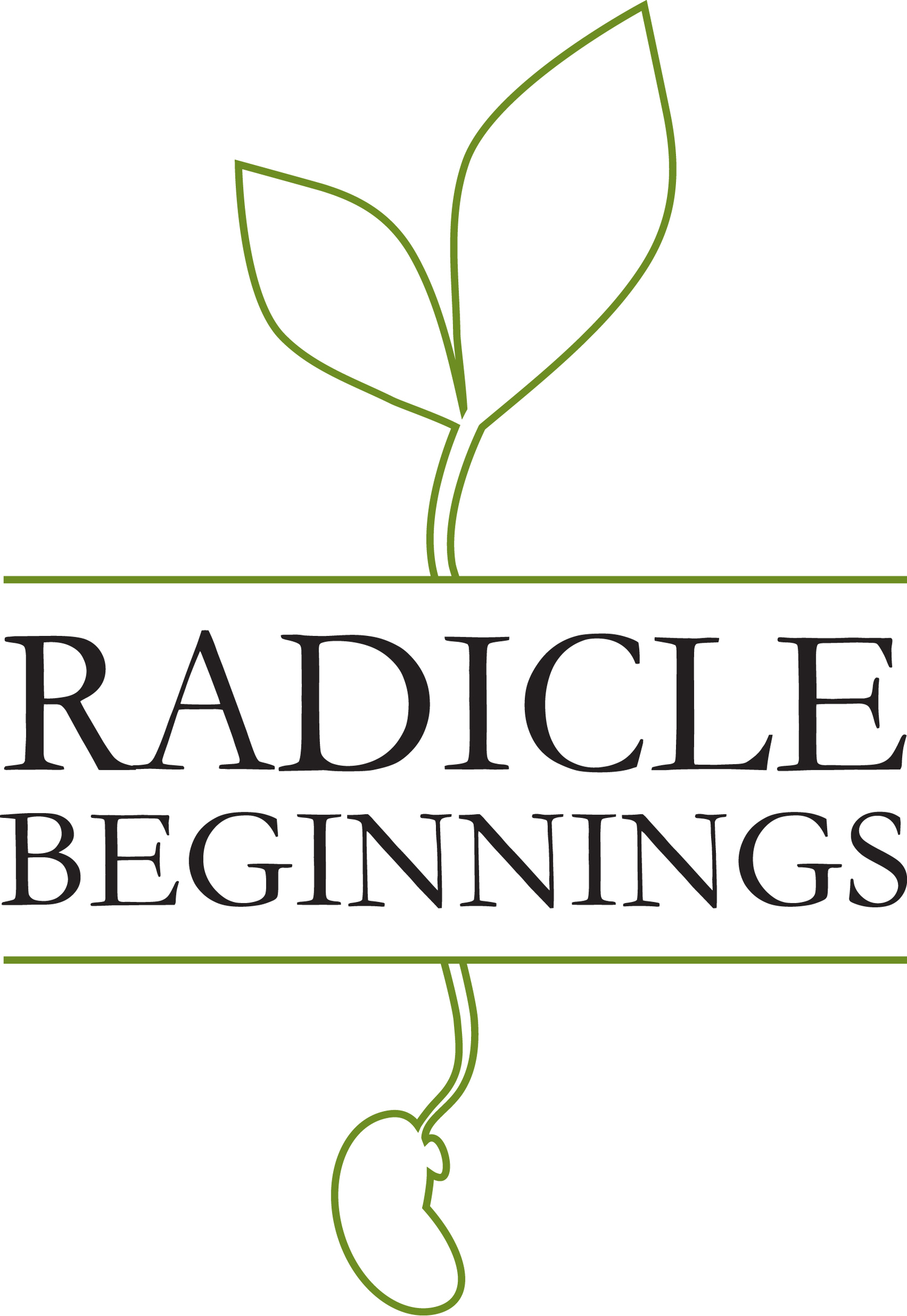“Ms. Nichole, I ate all my carrots!” the 2.5 year old told me.
”Oh yeah! How did they taste?” I asked.
And on and on we talked - about delicious, crunchy, healthy, orange carrots.
Had I told her what she wanted to hear/had grown accustomed to hearing: “Good Job!” our conversation would have stopped there, and she would have learned that what I think and feel about her carrot eating matters more than what she thinks.
Which is wildly untrue.
What the child thinks and feels about themselves is most important.
Here’s the problem with praise - adults simply overdo it when it comes to congratulating a child on an accomplished task. While the intention of using praise, such as “good job” comes from a place of good intentions, it does not serve the child as they construct themselves for life.
“This is precisely the problem with praise, or at least praise aimed at performance. It’s addictive for kids: Once they get, they need it, and they want more. And the real world doesn’t praise them for getting dressed in the morning.”
If the goal is for the child to be a confident being who accomplishes daily tasks for themselves, we have to come to understand that giving constant praise for tasks is ultimately setting them up for failure.
What the use of “good job” does is not only drive the child to accomplish tasks for you rather than for themselves, they also become empty words when used over and over and over again. Praise, in this form, becomes a way of manipulation as well.
So what does one do, especially when we get so excited for the child when they accomplish a task, reach a milestone or paint a glorious picture?
First off, it is okay to think the words in your head. I want you to be proud of the child. I want you to recognize that yes, when they got undressed all by themselves they did in fact do a great job at it. However, do not speak those specific words.
Instead, simply say, “You did it!”
Or “thank you.”
How grand it must feel for the child who has worked tirelessly at a task that for you and I is so simple (i.e. getting dressed), to feel within that they did it. What an opportunity to open up the world to them, building confidence, worth and a feeling of being capable of so much more!
Get creative and BE MINDFUL about what you say to the child before you say it. The words you speak, in any given moment, matter much more than you may think. Choose those words wisely and put value and meaning into what you say.
The child will thank you for it later in life. Maybe not by their words, by their actions as they navigate life, not seeking praise, because they know know their capabilities and worth.
Other Phrases to Use With the Child in Replace of “Good Job”
State the Obvious
“I see you put on your pants all by yourself. Now, can you put on your socks too?”
“I see that you used a lot of blue while you were painting. And look, some circles too.”
“I saw you while you were working with that puzzle, it looked like you were working really hard, and you did it!”
Collaborate
“Look, we made this bread together and it tastes so delicious. Remember when you poured in the olive oil?”
Bring It Back to the Child
“I see that you ate all your carrots at dinner. Did they taste good?”
“Wow, you cleaned up your room all by yourself. It must feel nice to have a clean space to play in now.”
“You put on one shoe. Now, can you do the other one too?”
Recognize
"Thank you for getting dressed so quickly this morning."
"Thank you for putting your lunchbox away when we got home."
